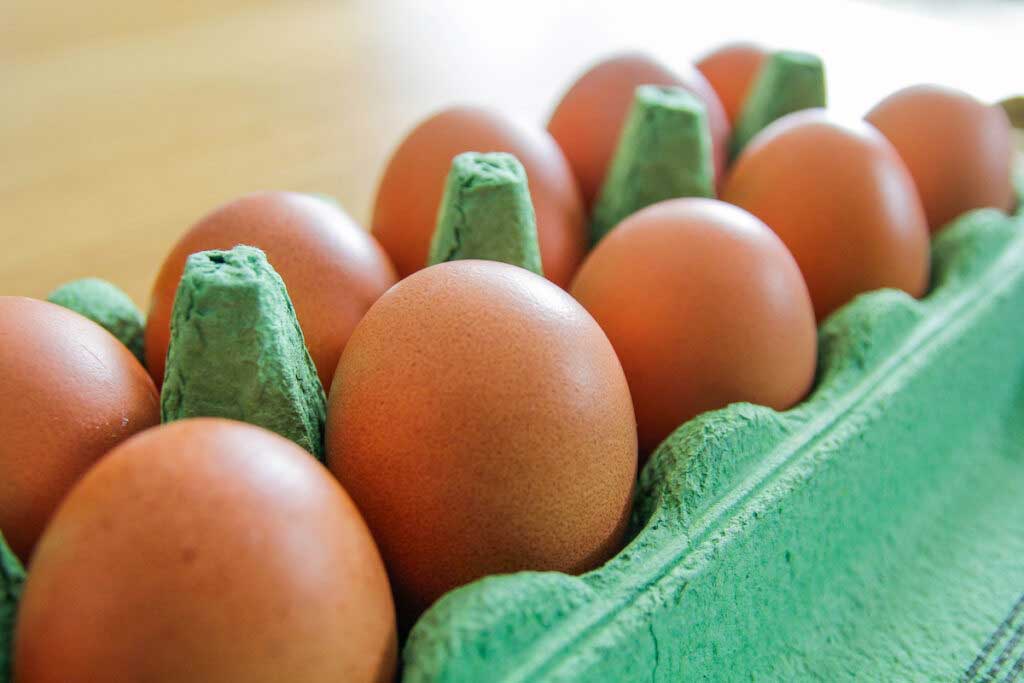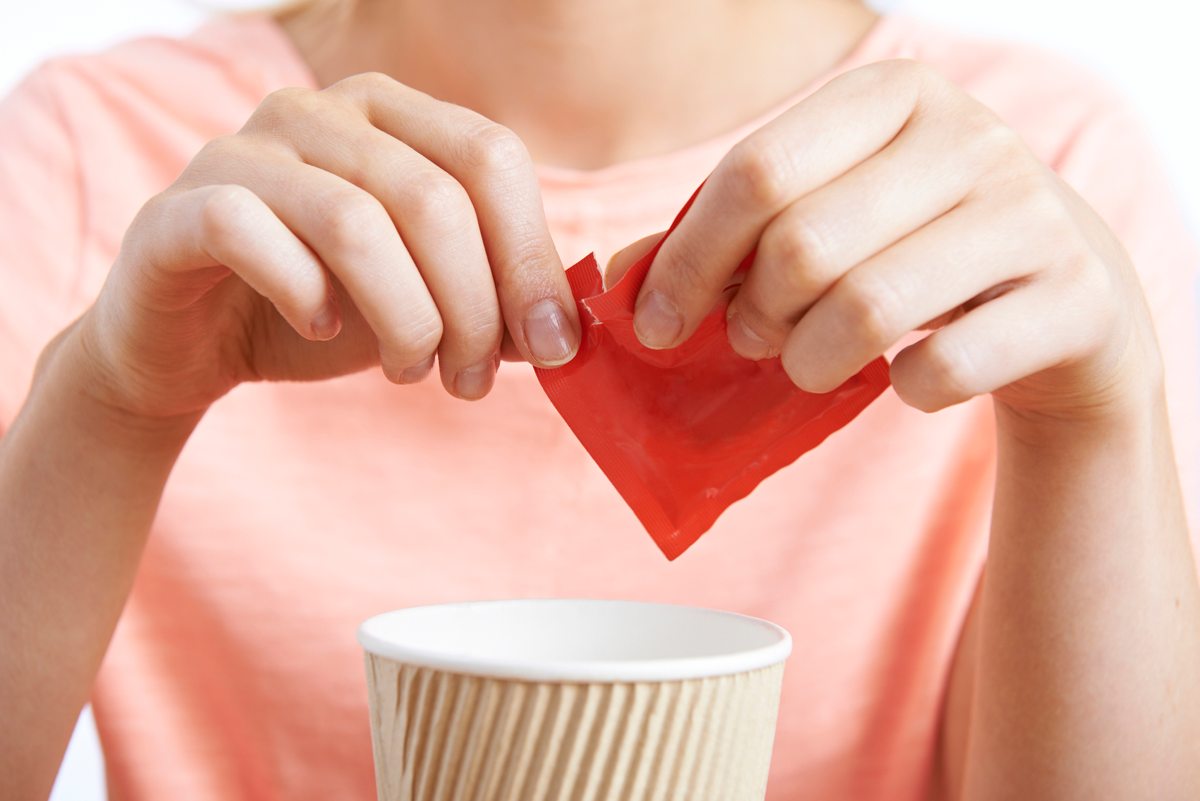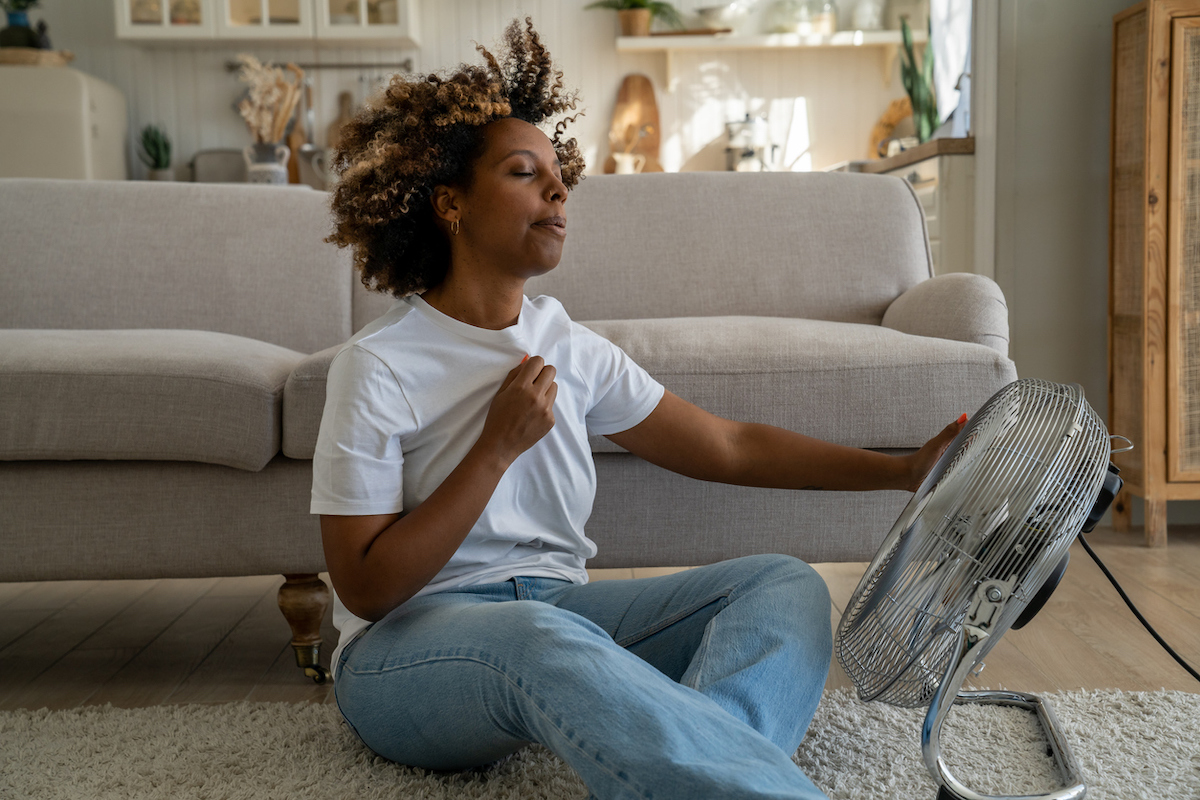I’ve been hearing about new studies linking PCOS and cognitive decline. I have PCOS. What can I do to prevent this?
—Recently diagnosed (and pregnant!)
I have been asked by a lot of you and my patients in the office about this study that has been in the news. The authors report an association between polycystic ovary syndrome (PCOS) and decreased cognitive function.
PCOS is a common clinical syndrome — it is estimated that 5% to 8% of women have it — characterized by irregular menstrual periods; evidence of high levels of male hormones, like testosterone; and cysts on the ovaries. Many women with PCOS also have changes in carbohydrate metabolism. The diagnosis is made based on clinical symptoms and by ruling out other possible causes of those symptoms. There is not a single test that says a woman does or does not have PCOS.
In this study, the authors analyzed previously collected registry data to identify a subset of 65 women who met their criteria for PCOS, which included blood levels of testosterone and menstrual cycles greater than 32 days in length. These criteria are not the accepted criteria for diagnosing PCOS. Rather, they are defining PCOS based on the data available in the registry. Because PCOS is a clinical diagnosis, we can’t really say if the women in the PCOS group actually had PCOS.
The registry participants had taken five different cognitive assessments at one point in time. The scores of these tests were compared between the PCOS group and non-PCOS group. The women in the PCOS group had lower cognitive scores than the women who were not identified as having PCOS on three tests, and no difference was seen on two of the tests. The results reported were based on a composite score of all five tests, but the tests used are not validated for use in this way. For me, this undermines the observed effect.
The authors point out that because the tests were given only once, they are not indicative of cognitive decline but rather of lower cognitive function at the time the tests were administered. You would have to perform the same tests at a second time point to show decline.
My takeaway is that this study is based on a relatively small number of women who may have PCOS. The association between PCOS and decreased cognitive function is weak and is just an association, not a causal relationship. In other words, this is a panic headline, not a scientific finding — go ahead and ignore it.
















Log in